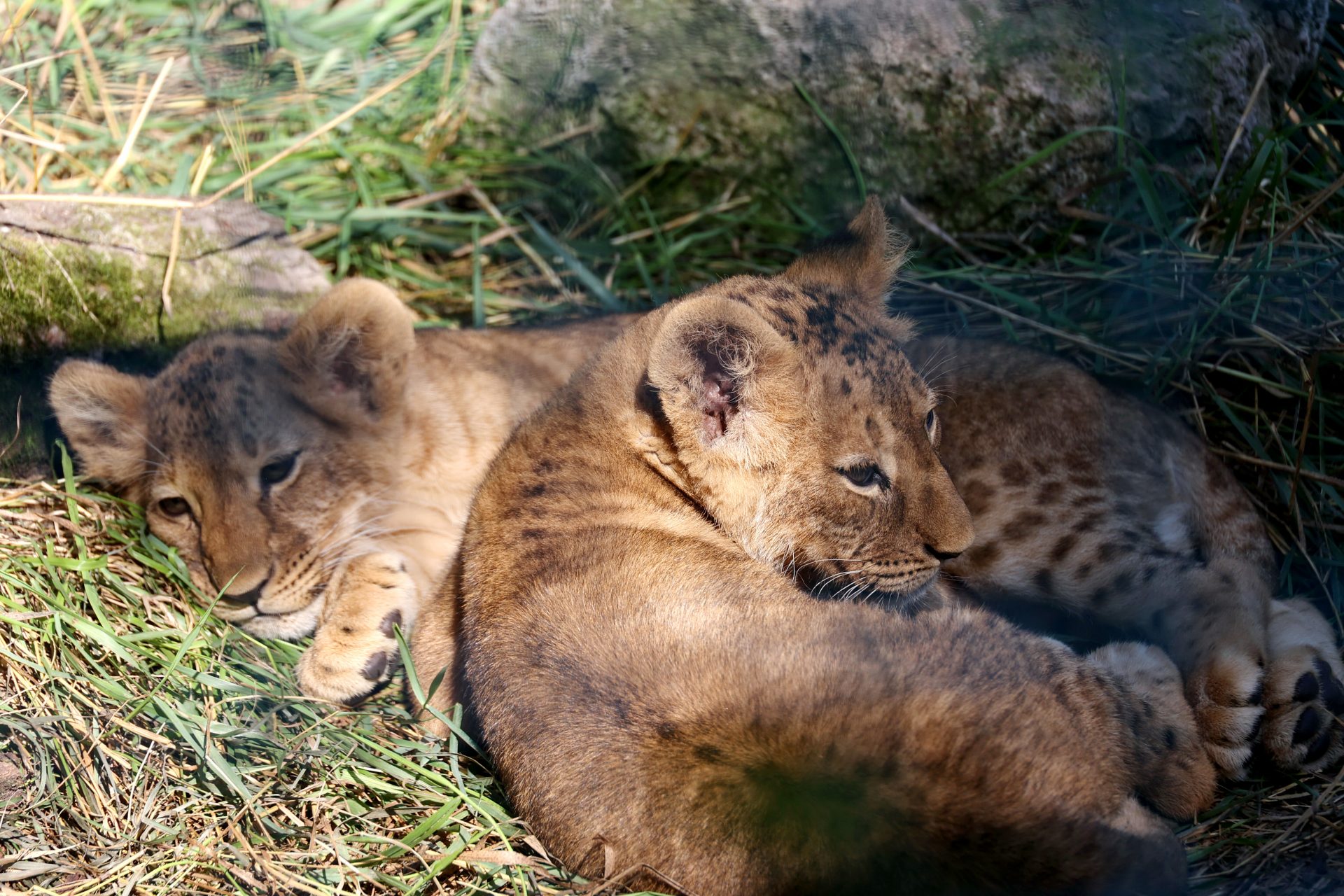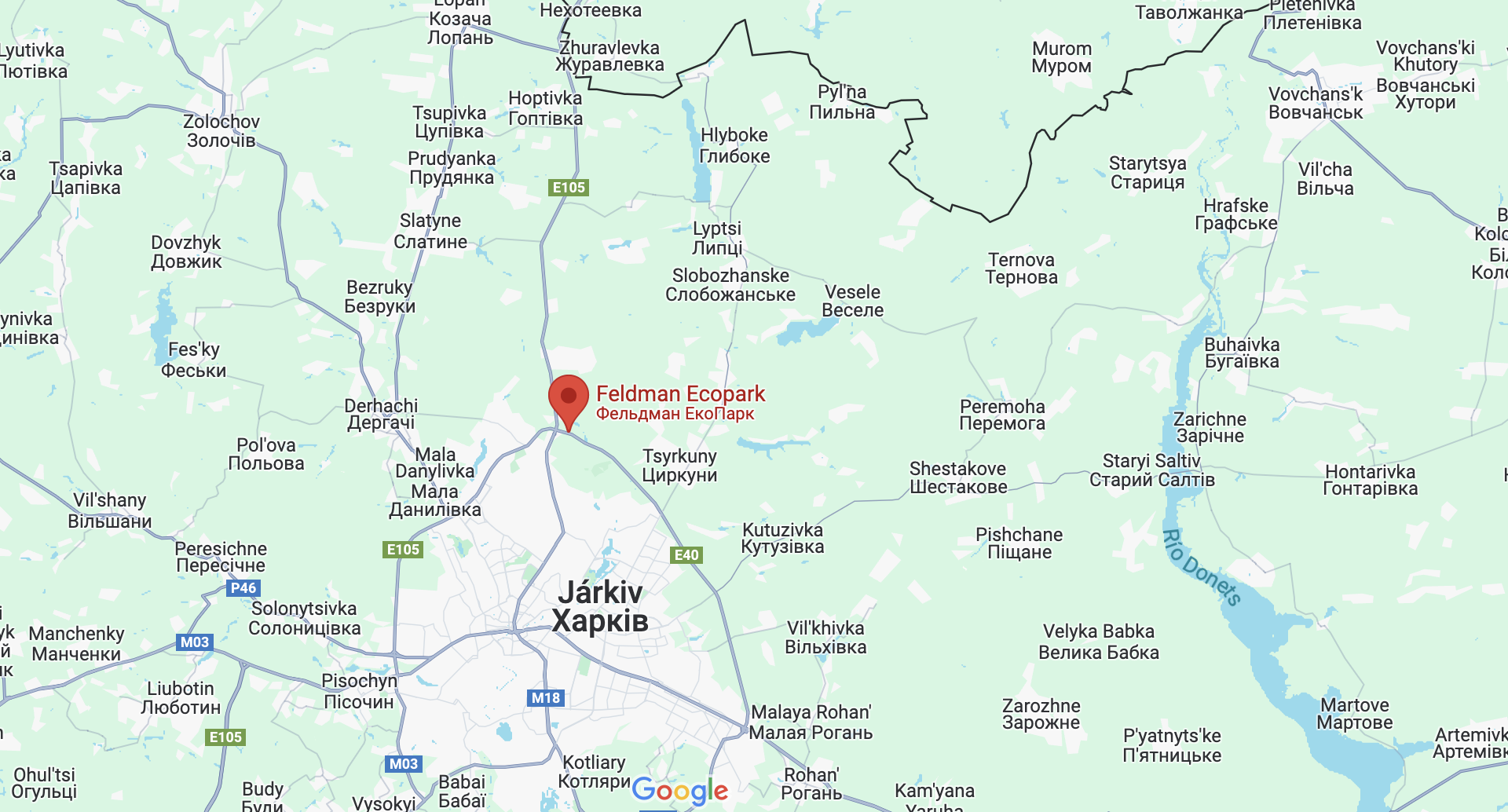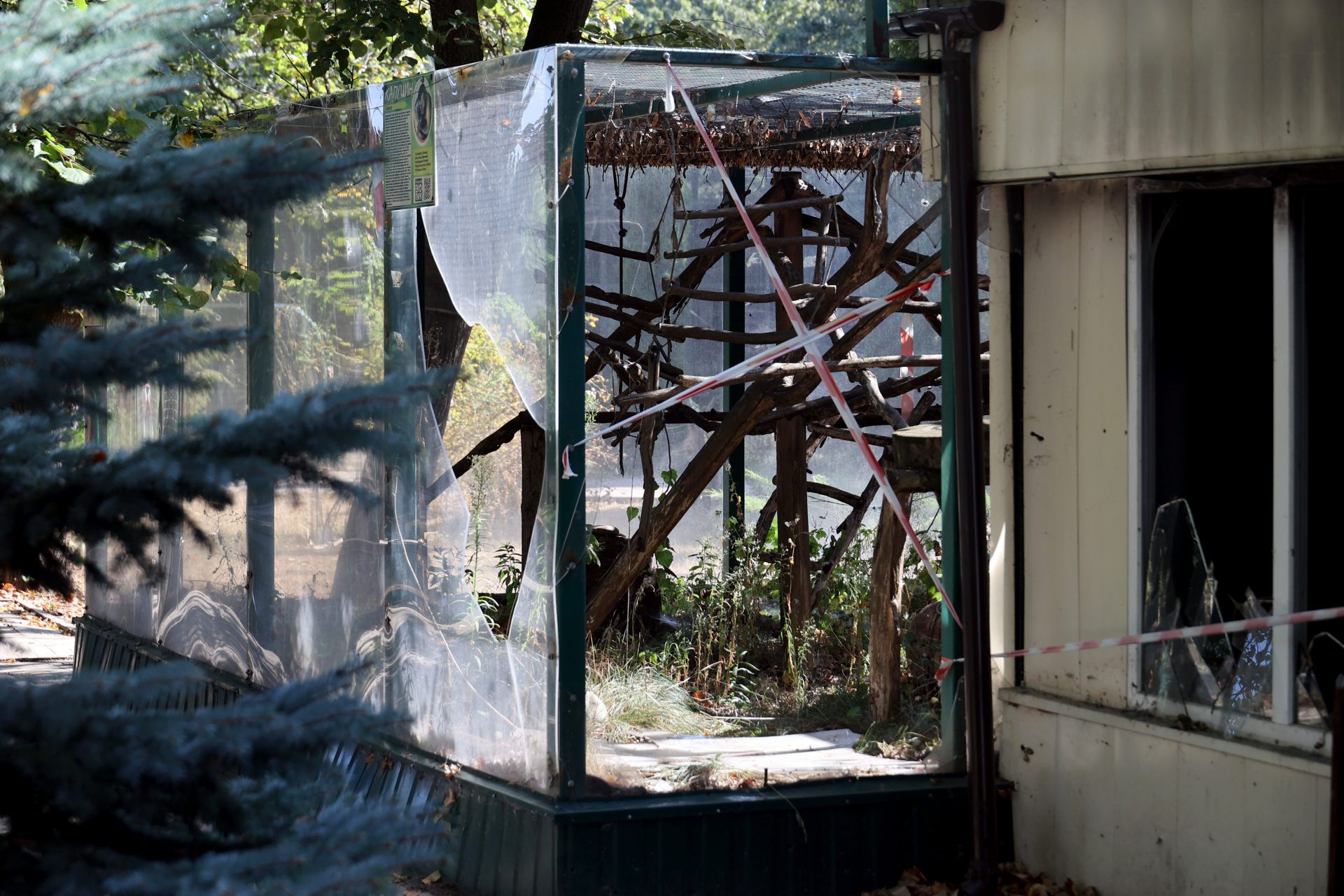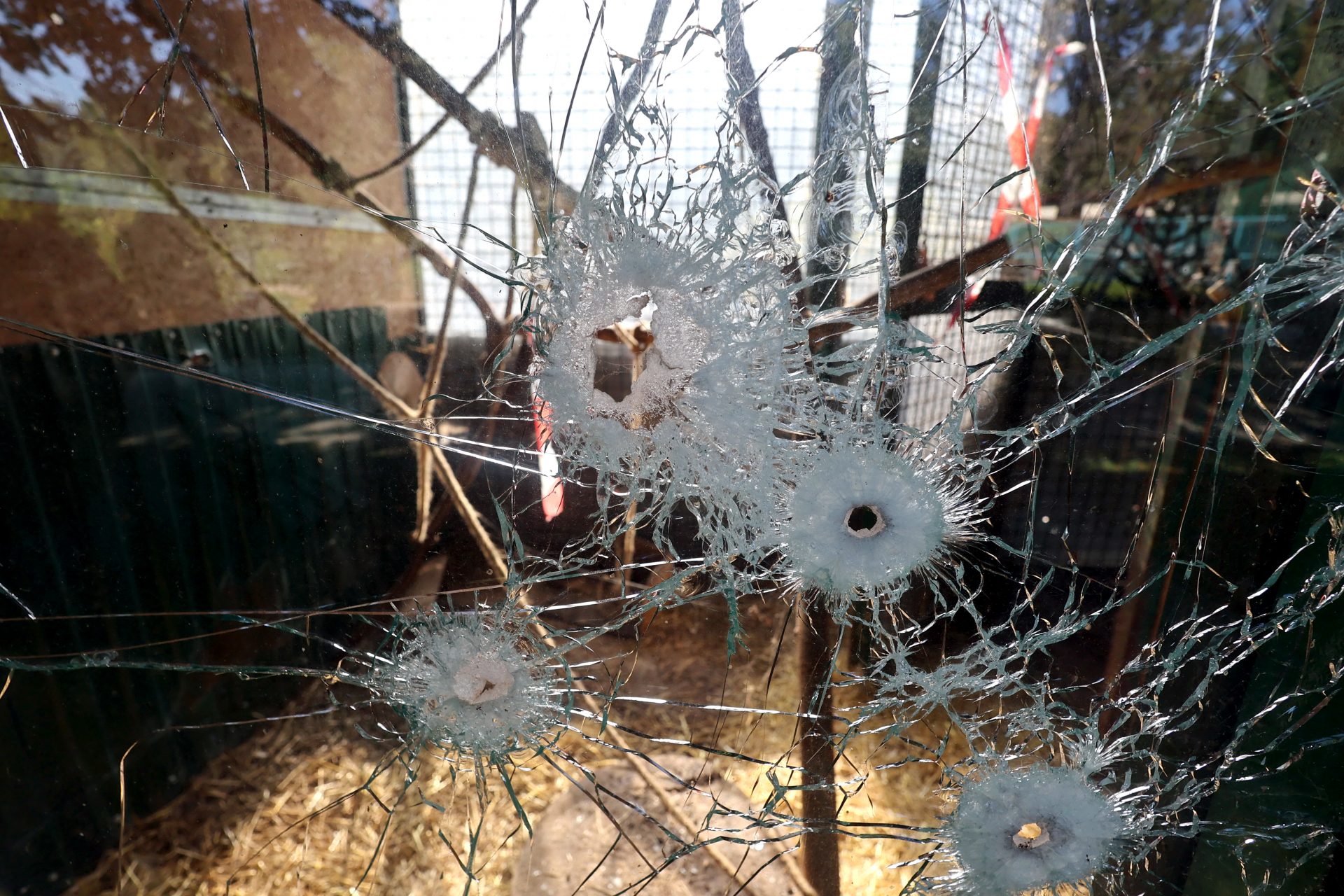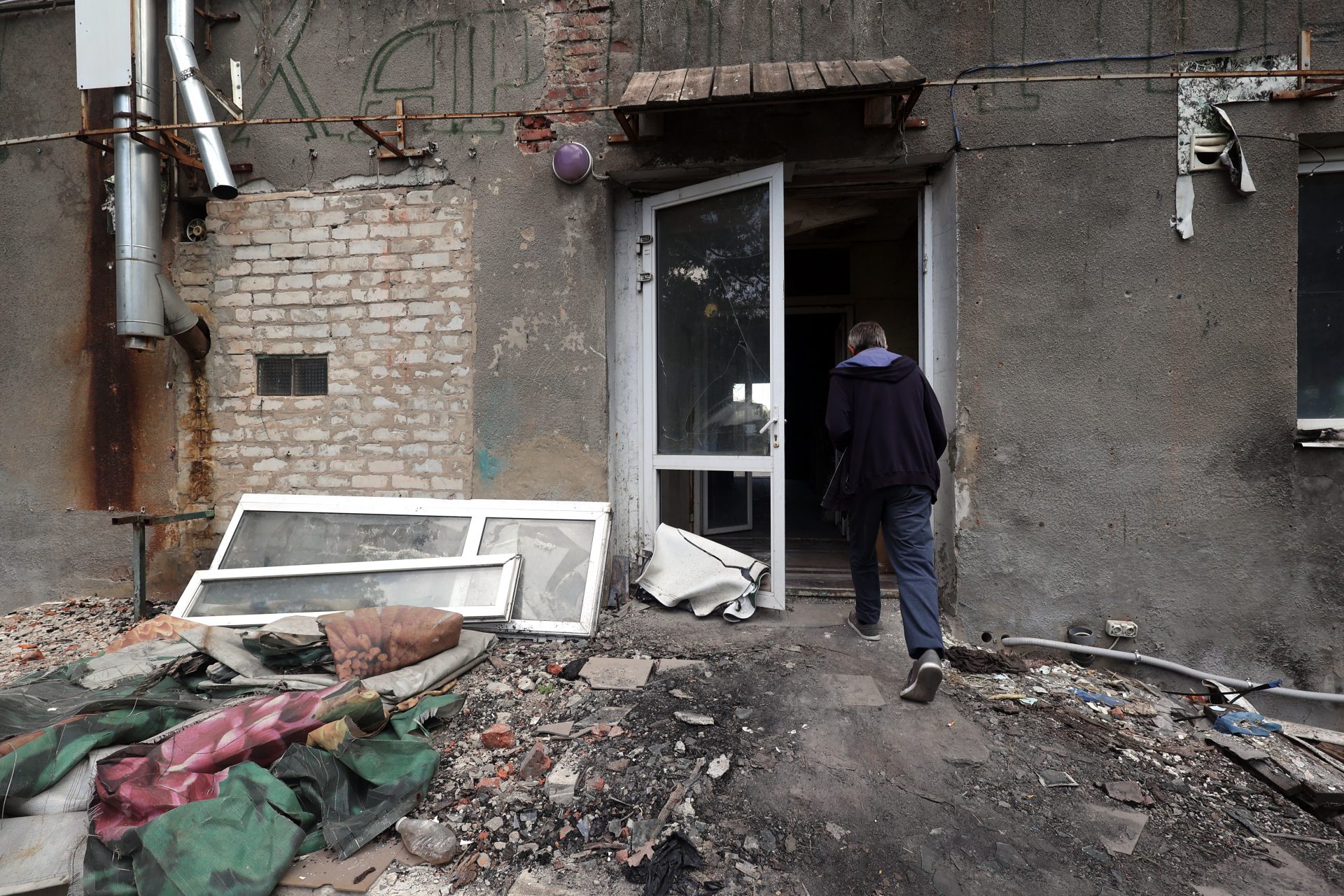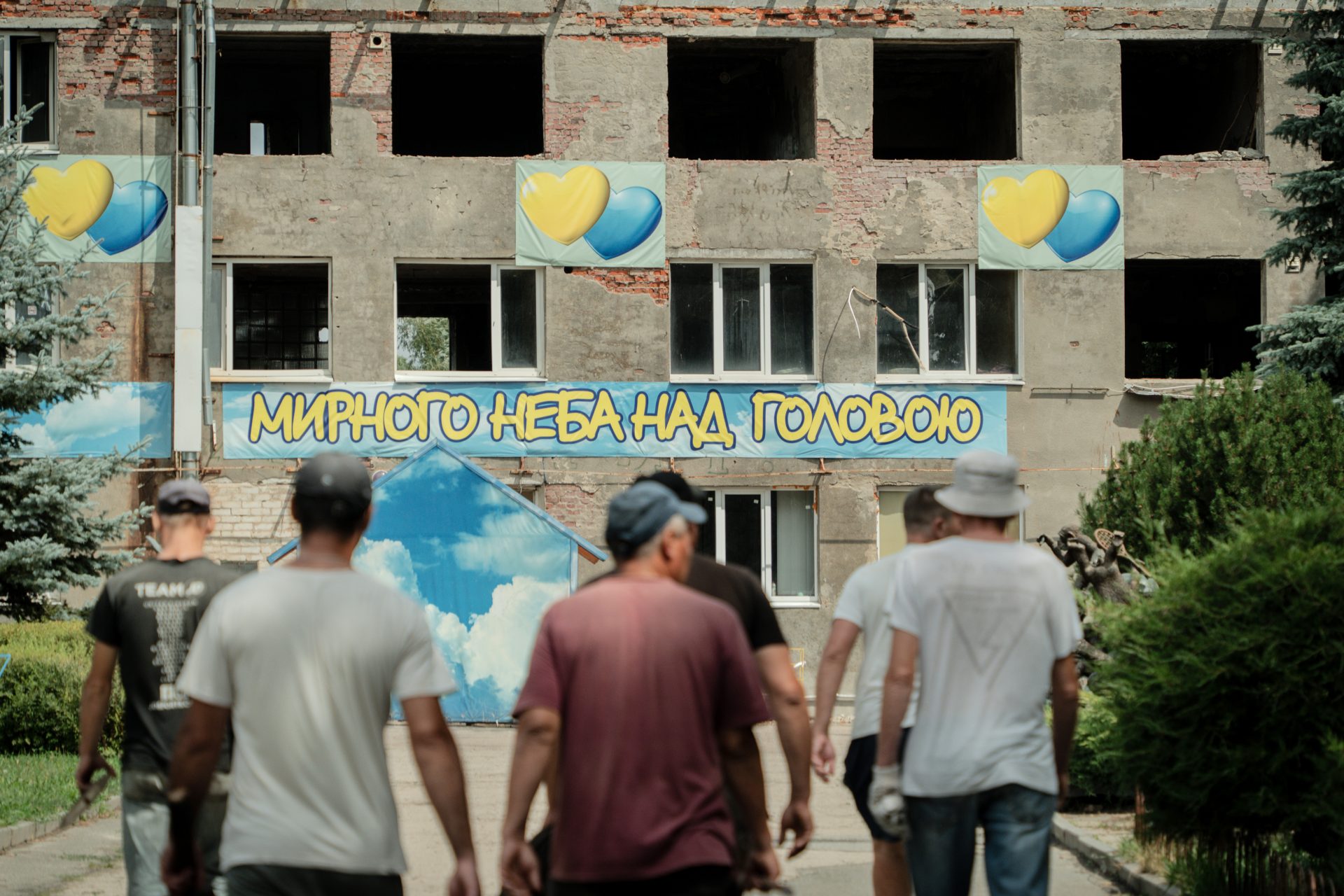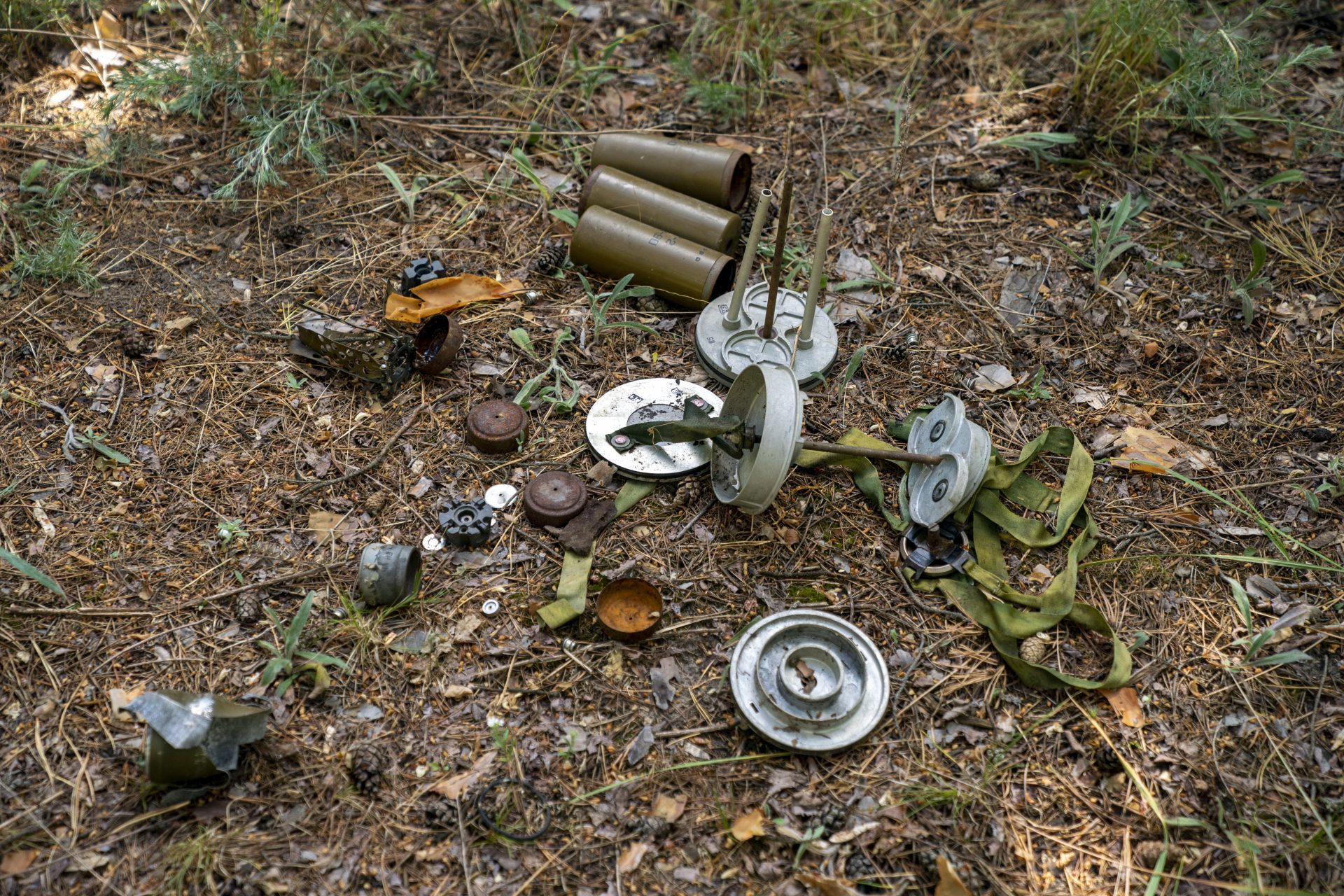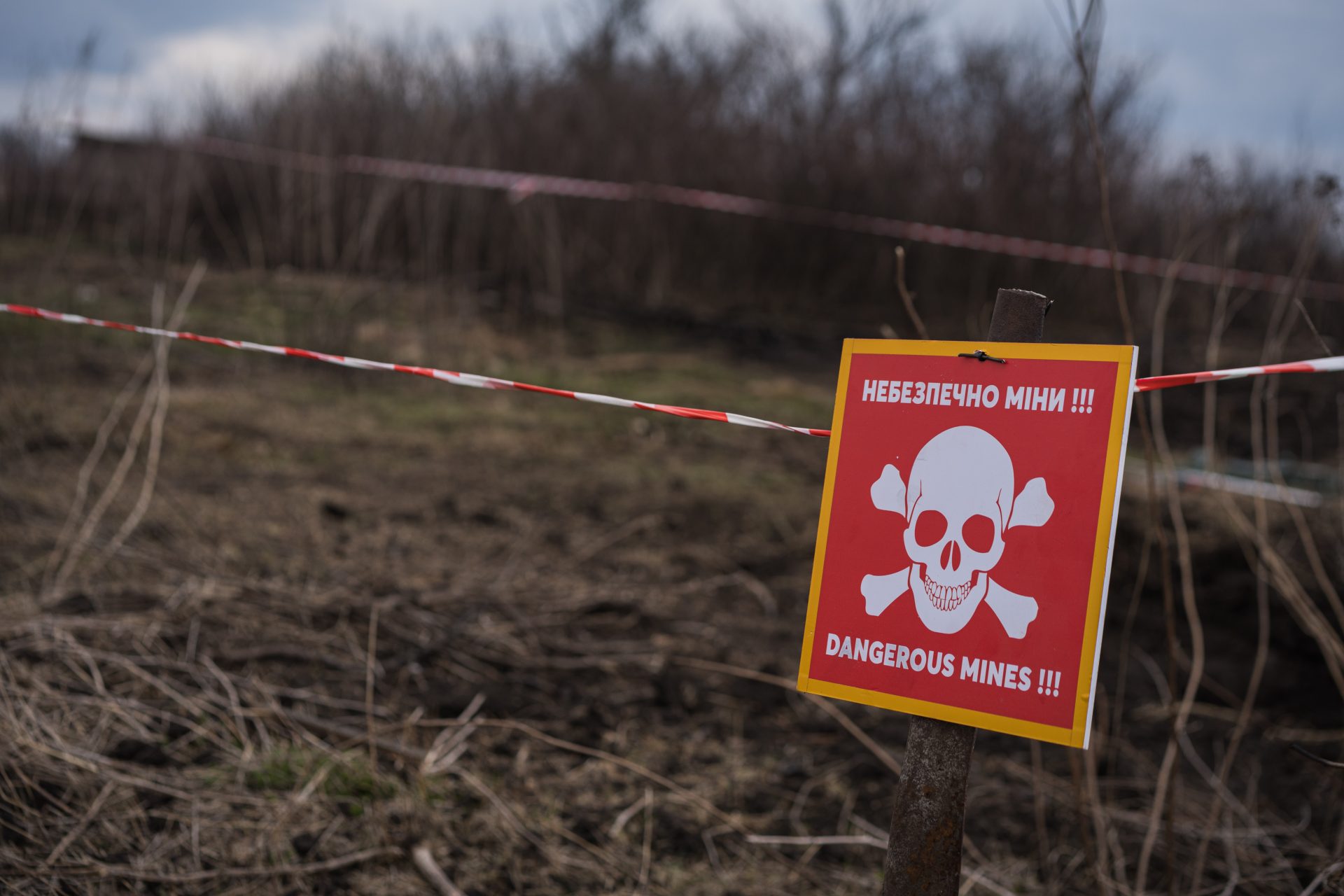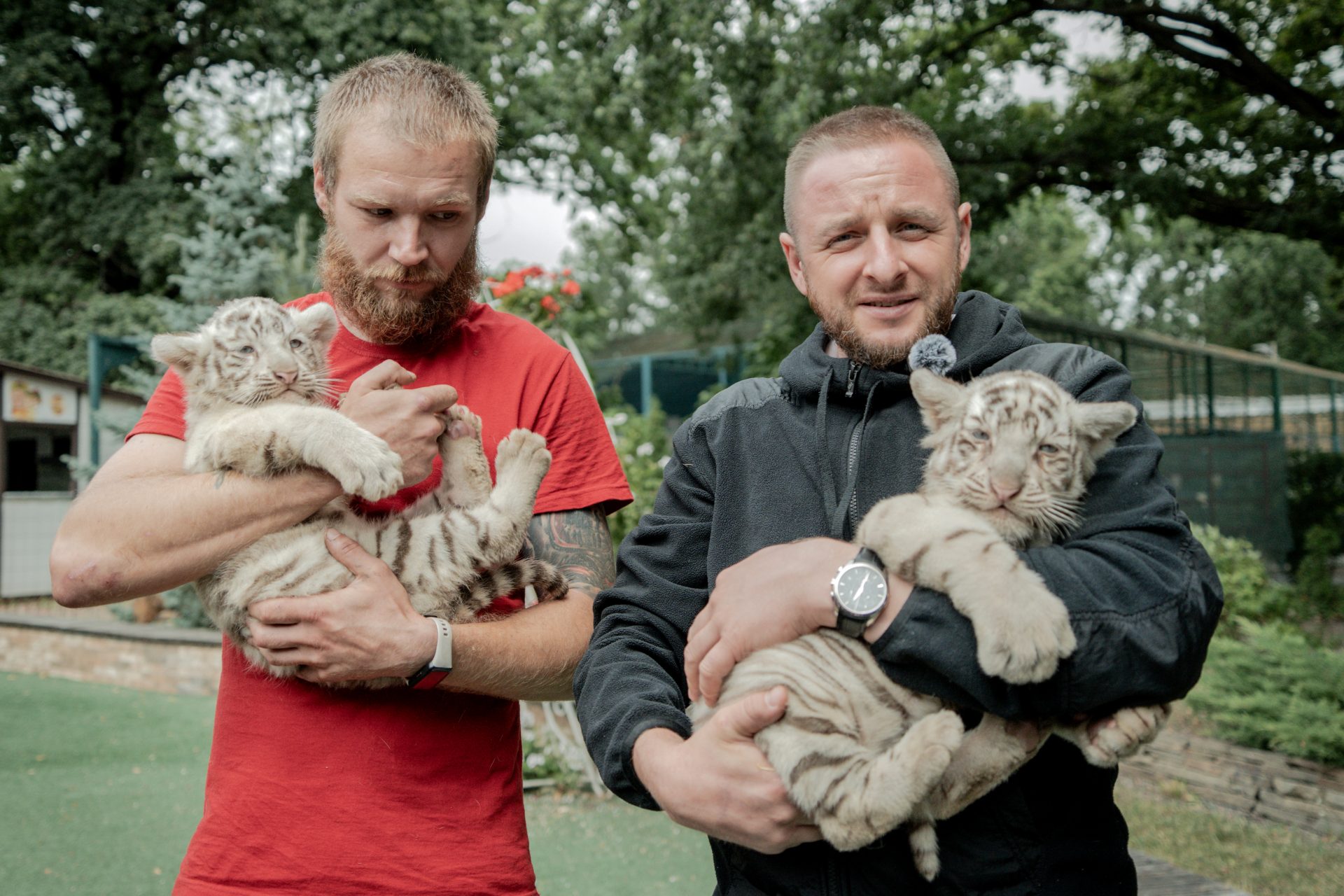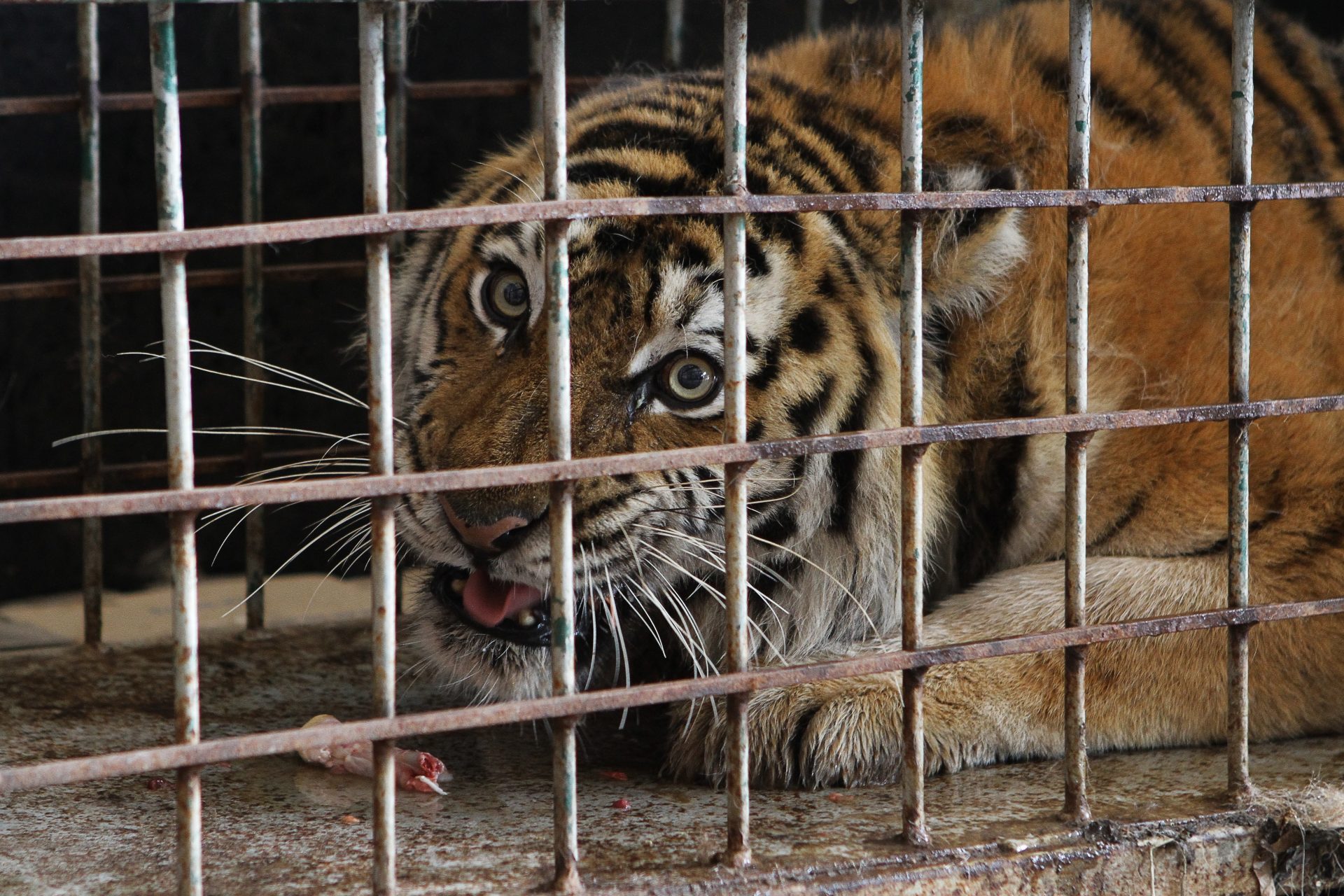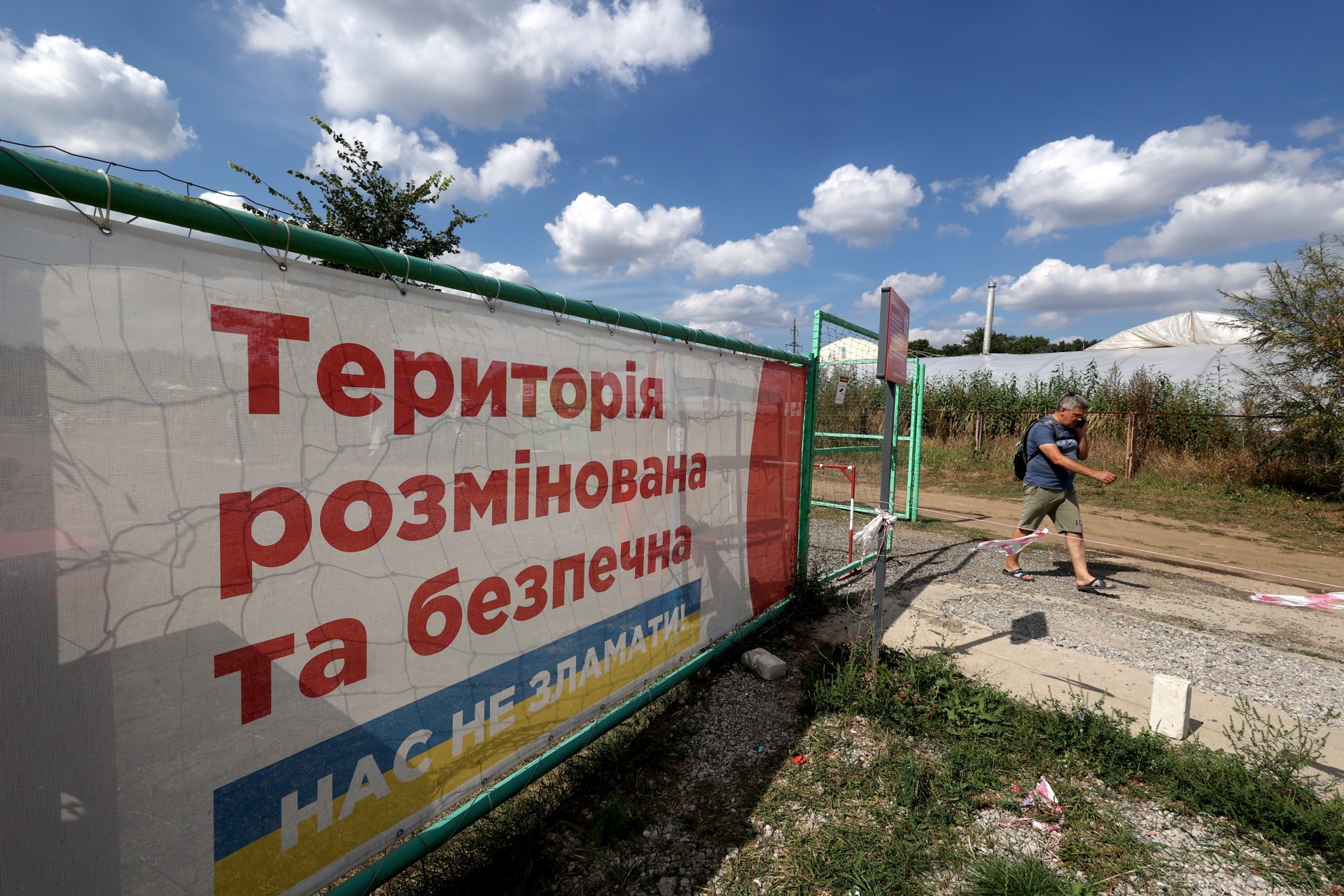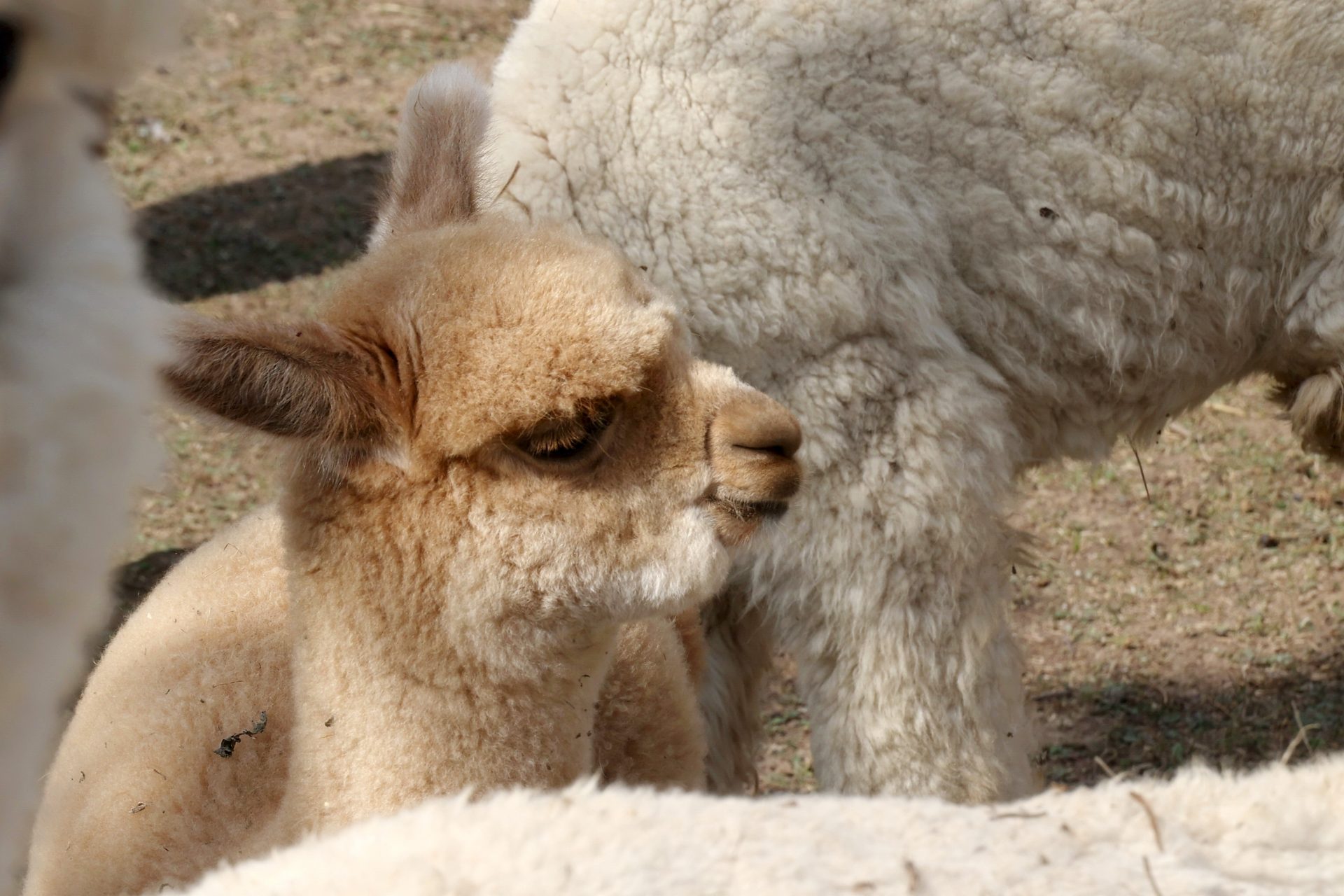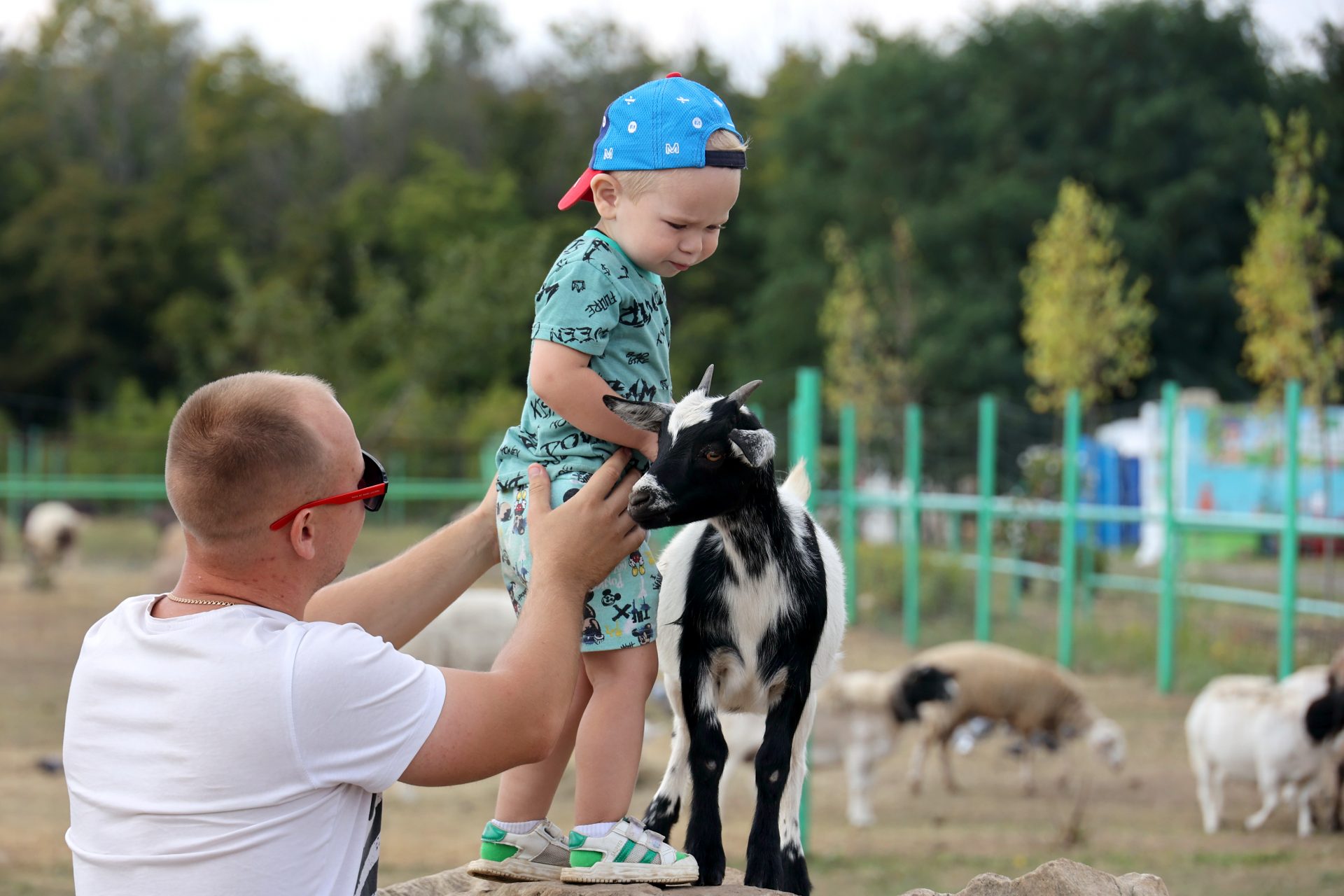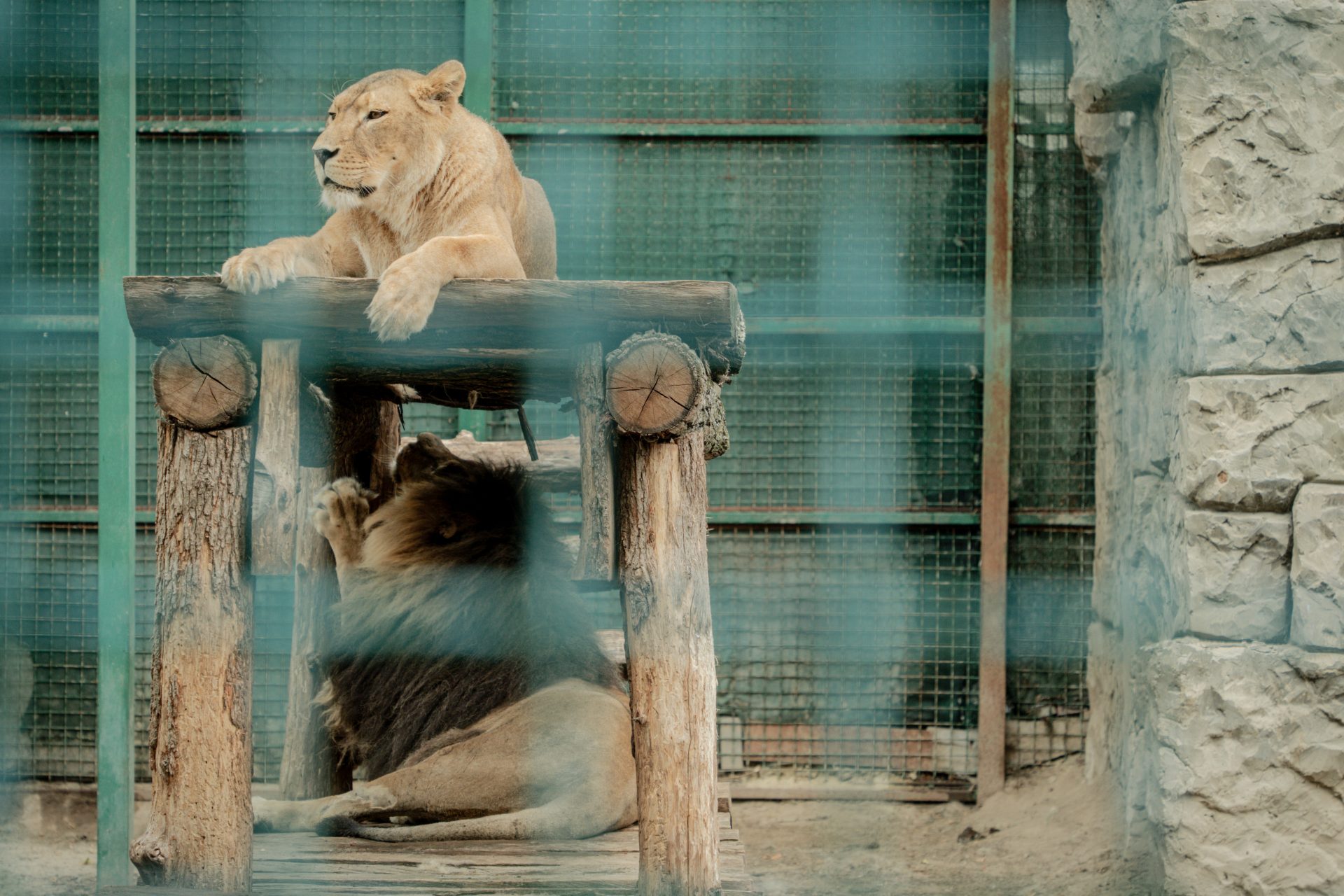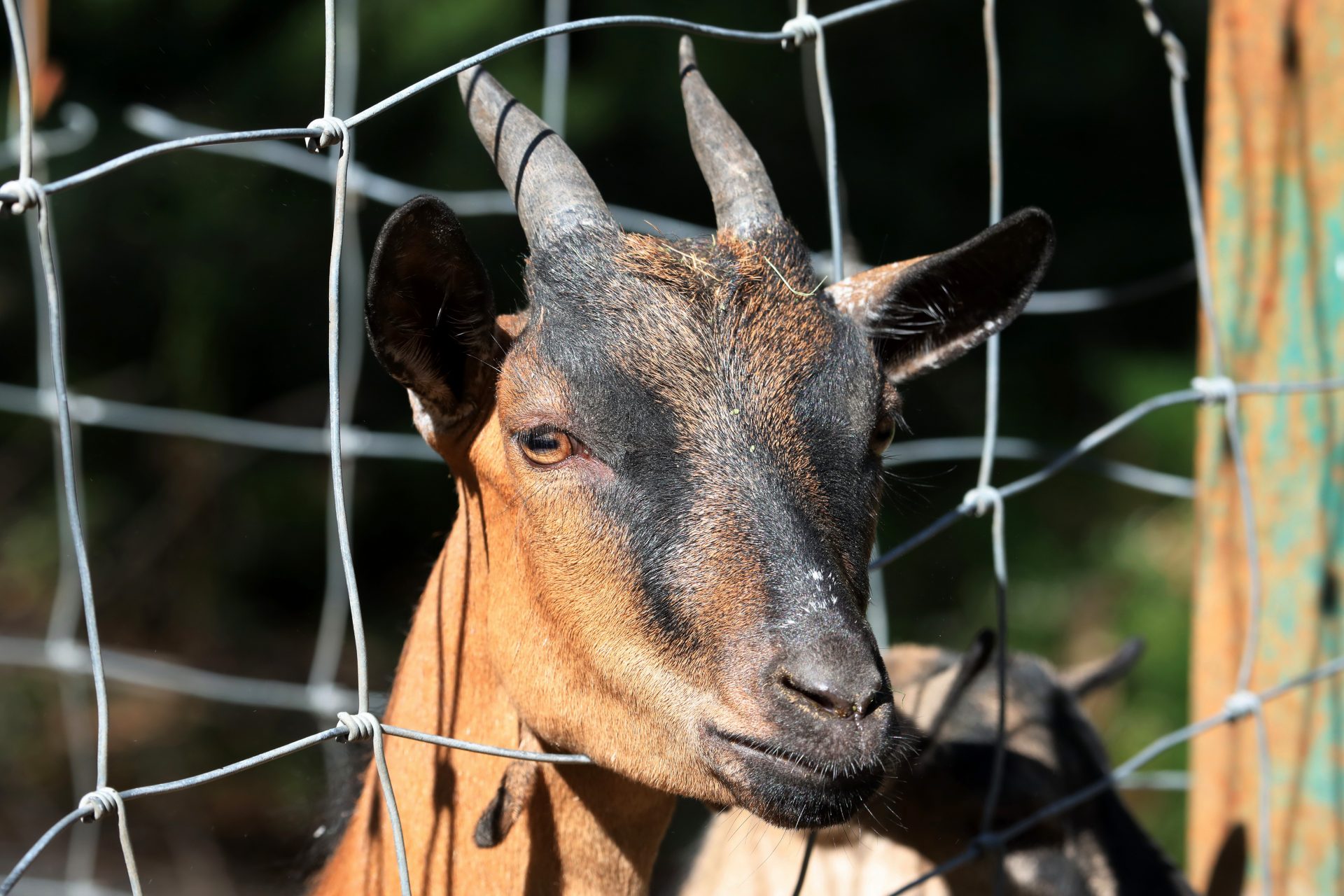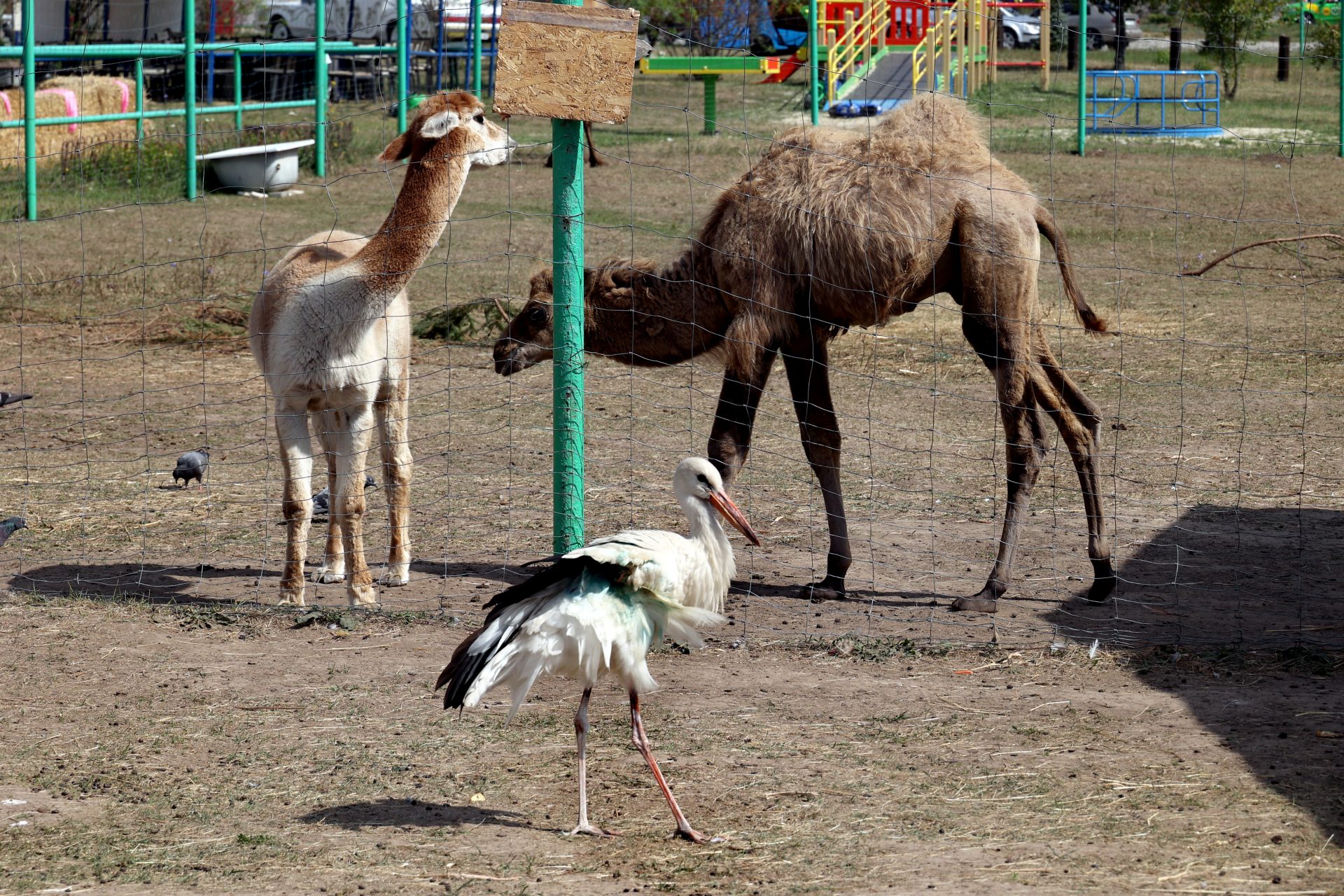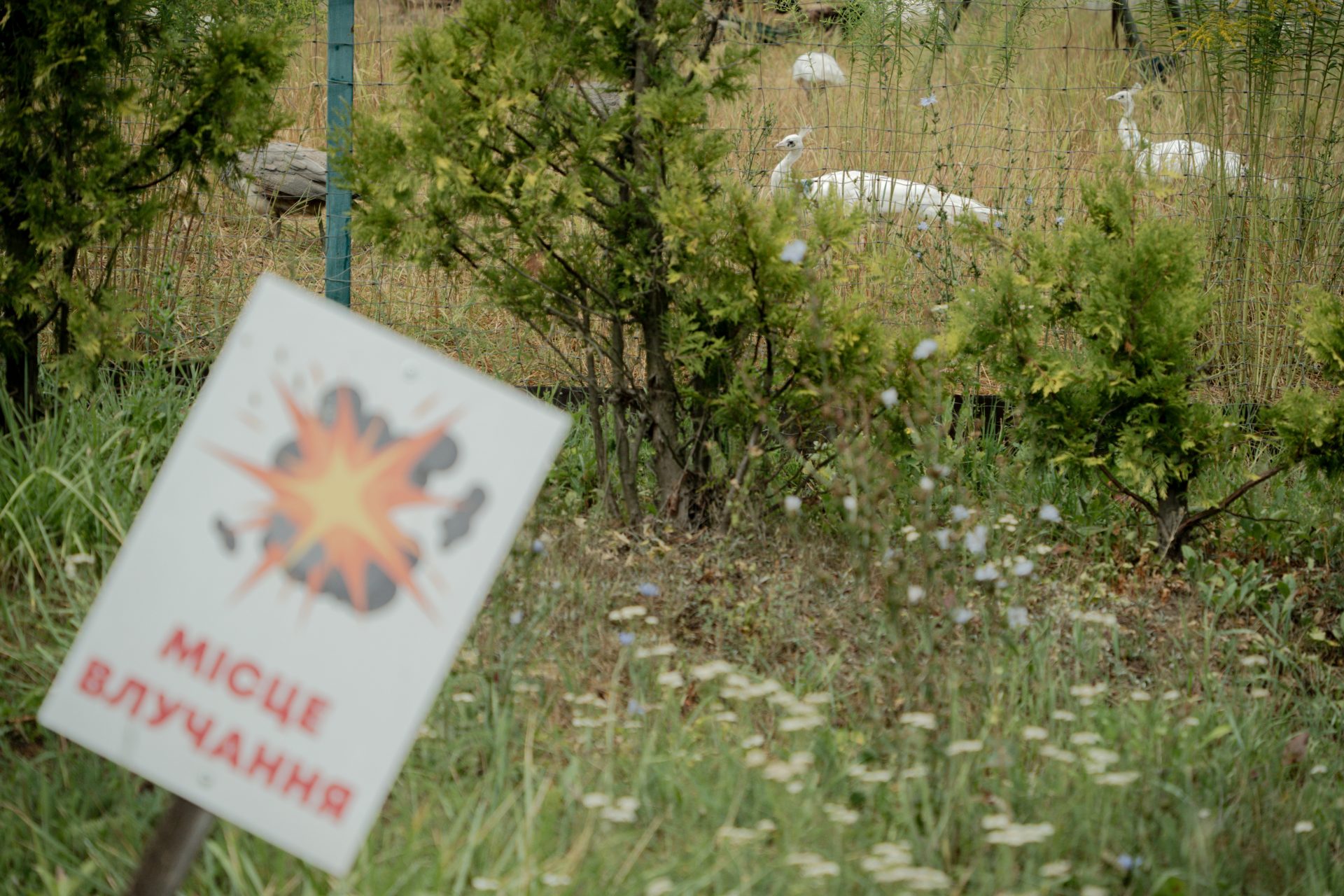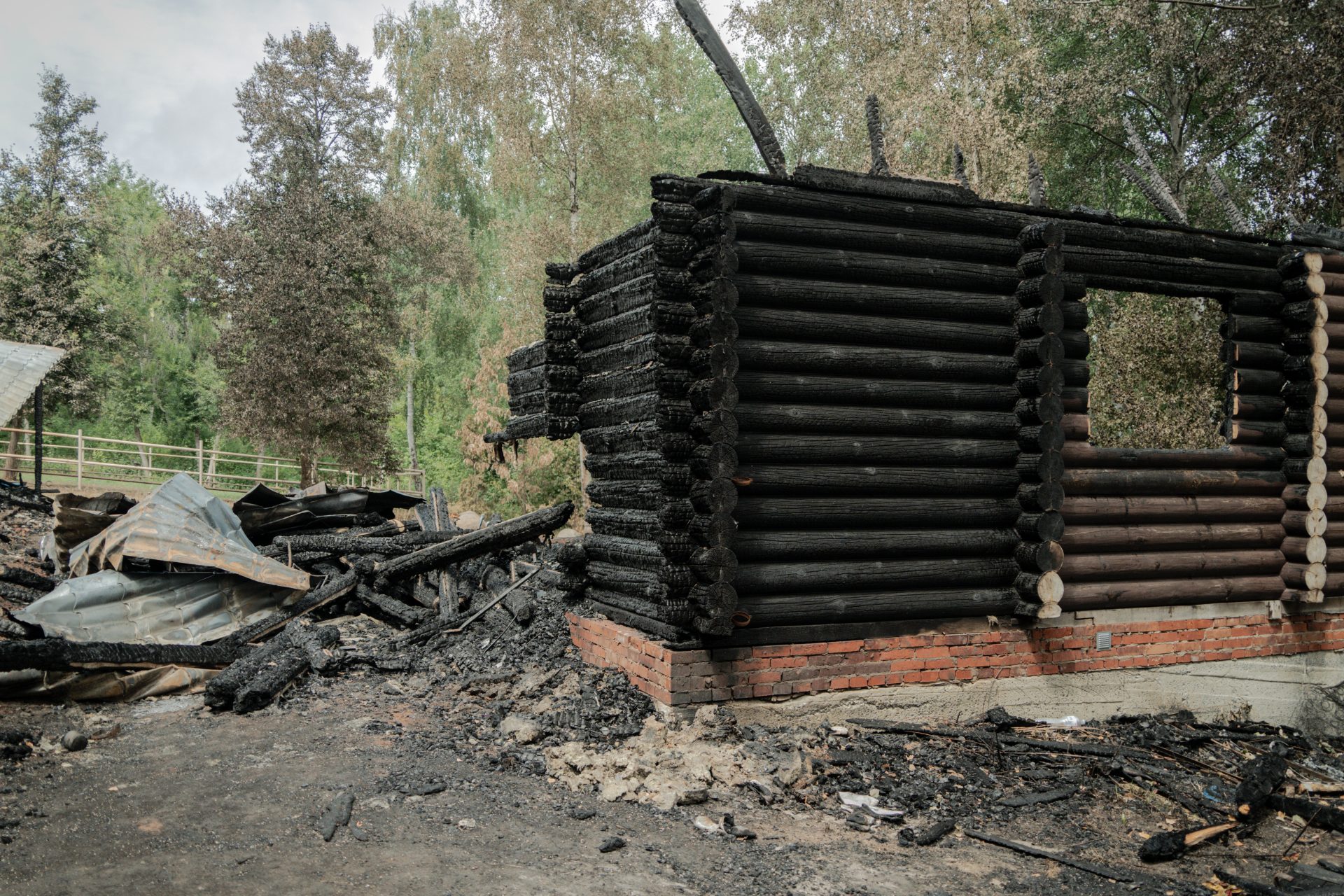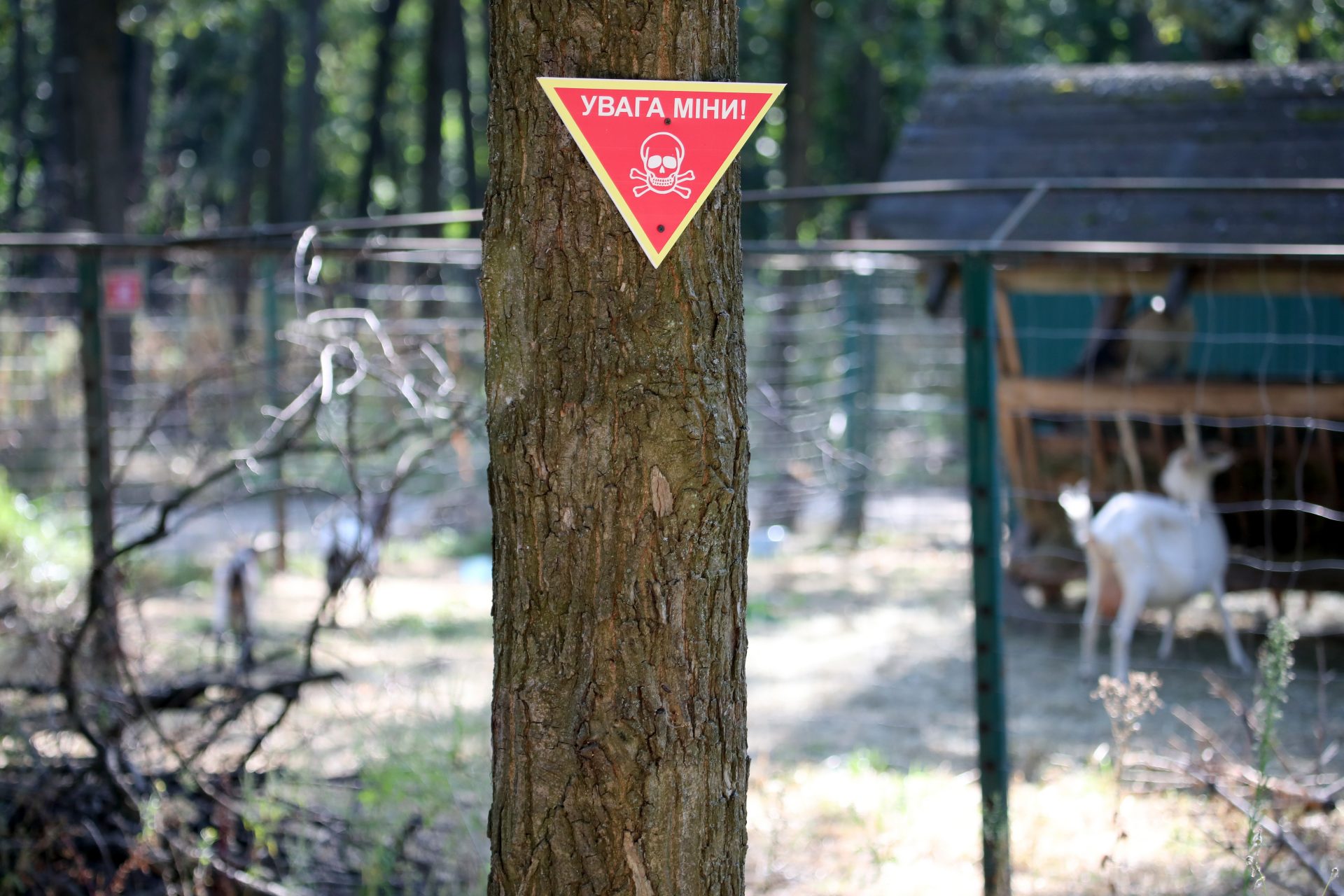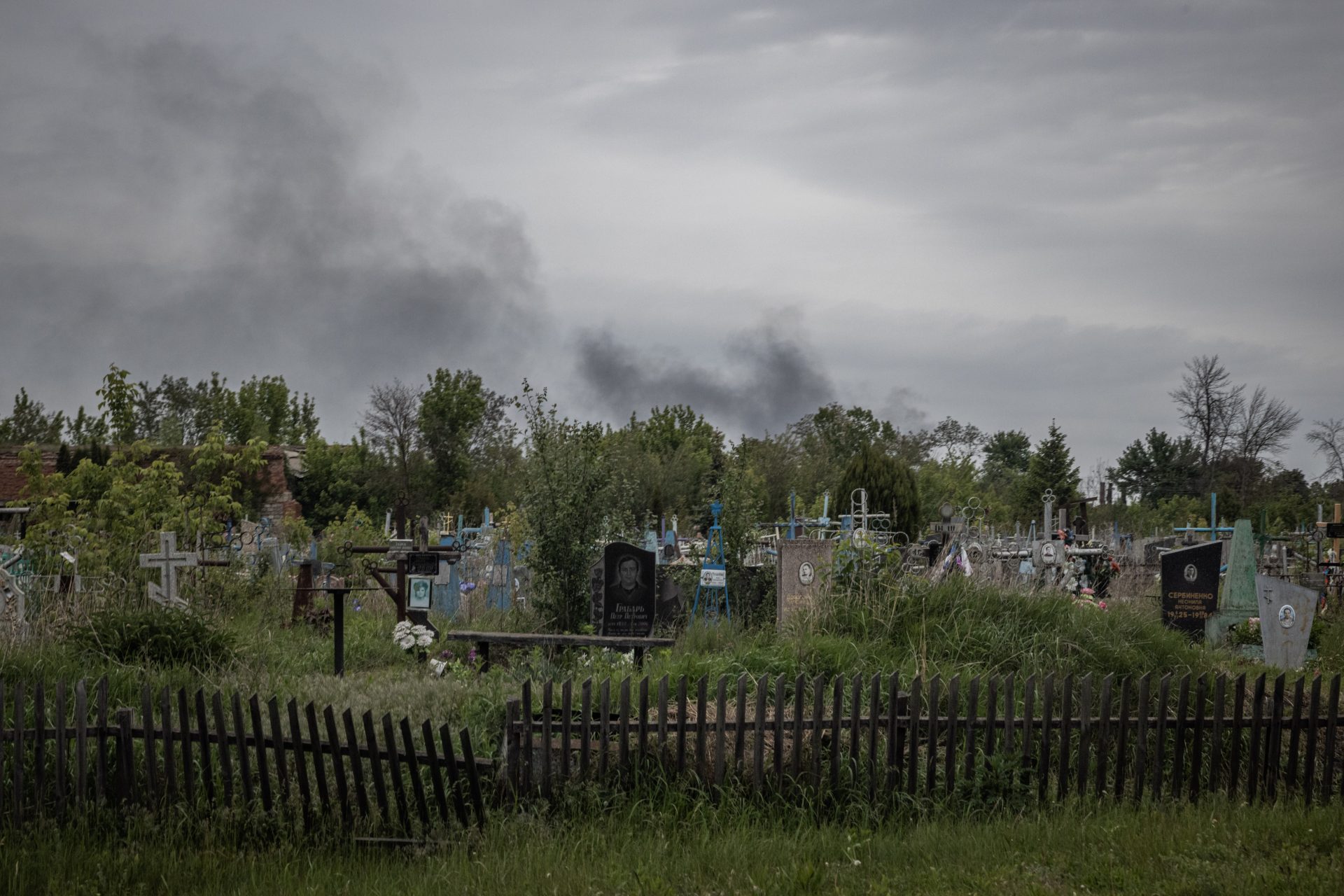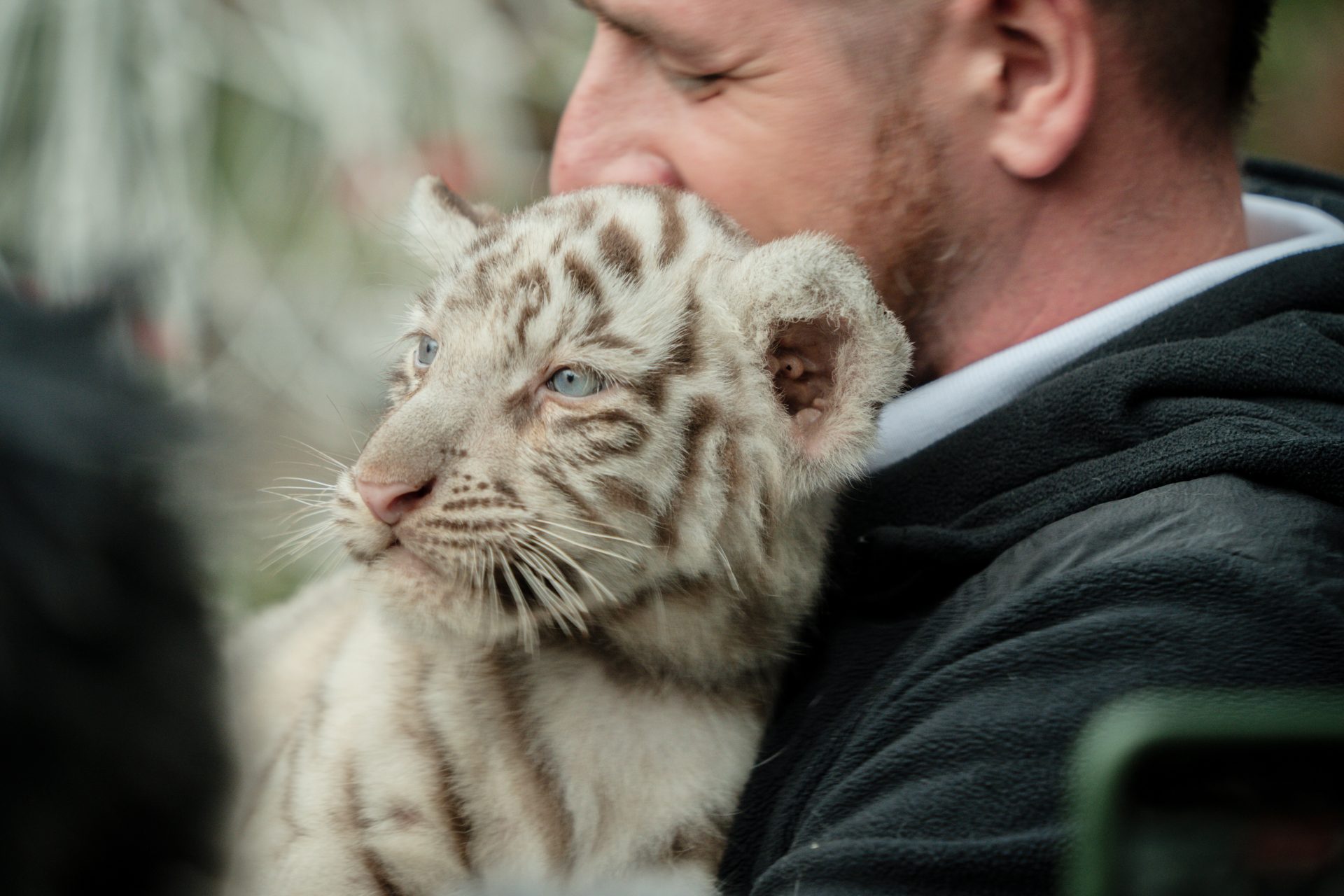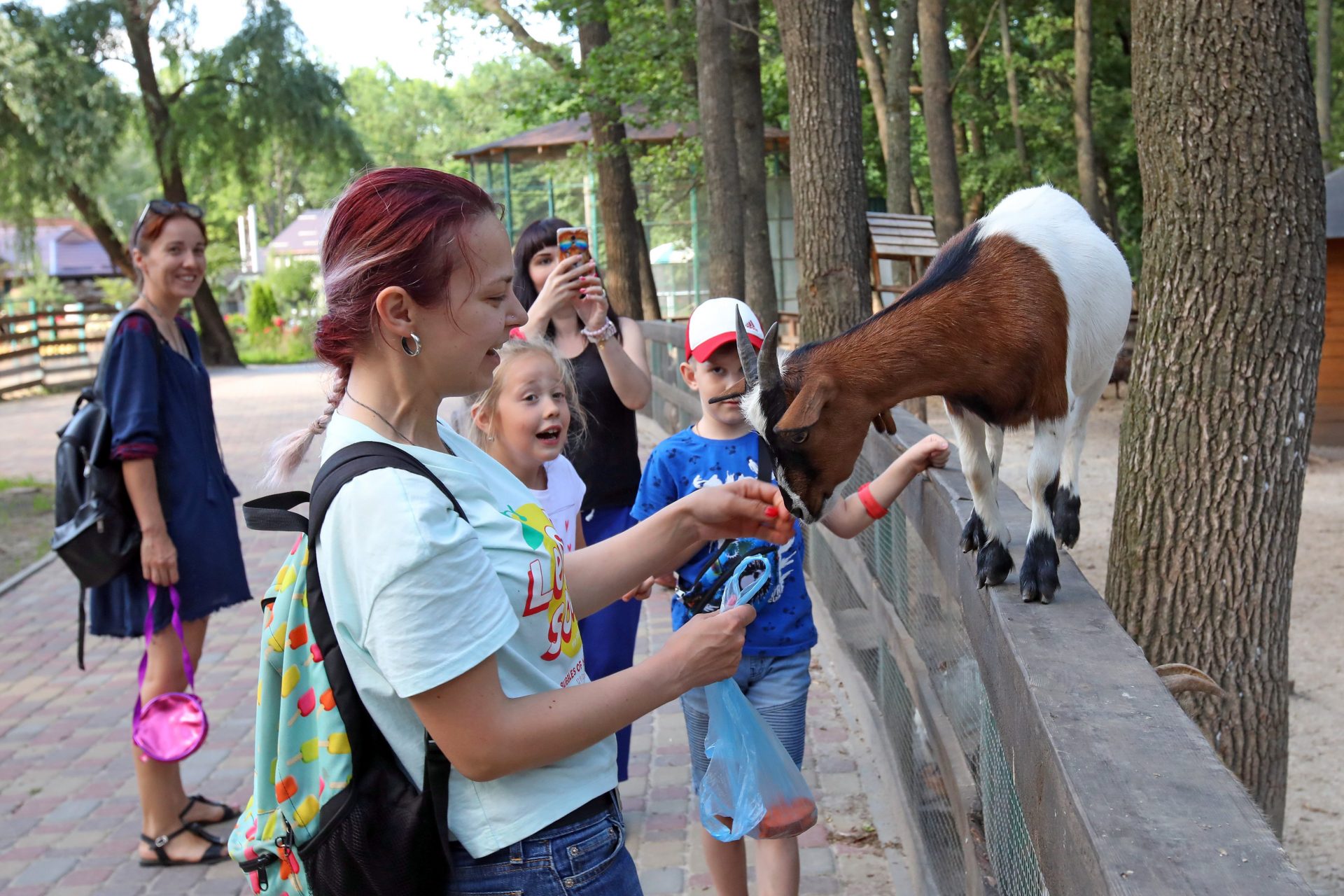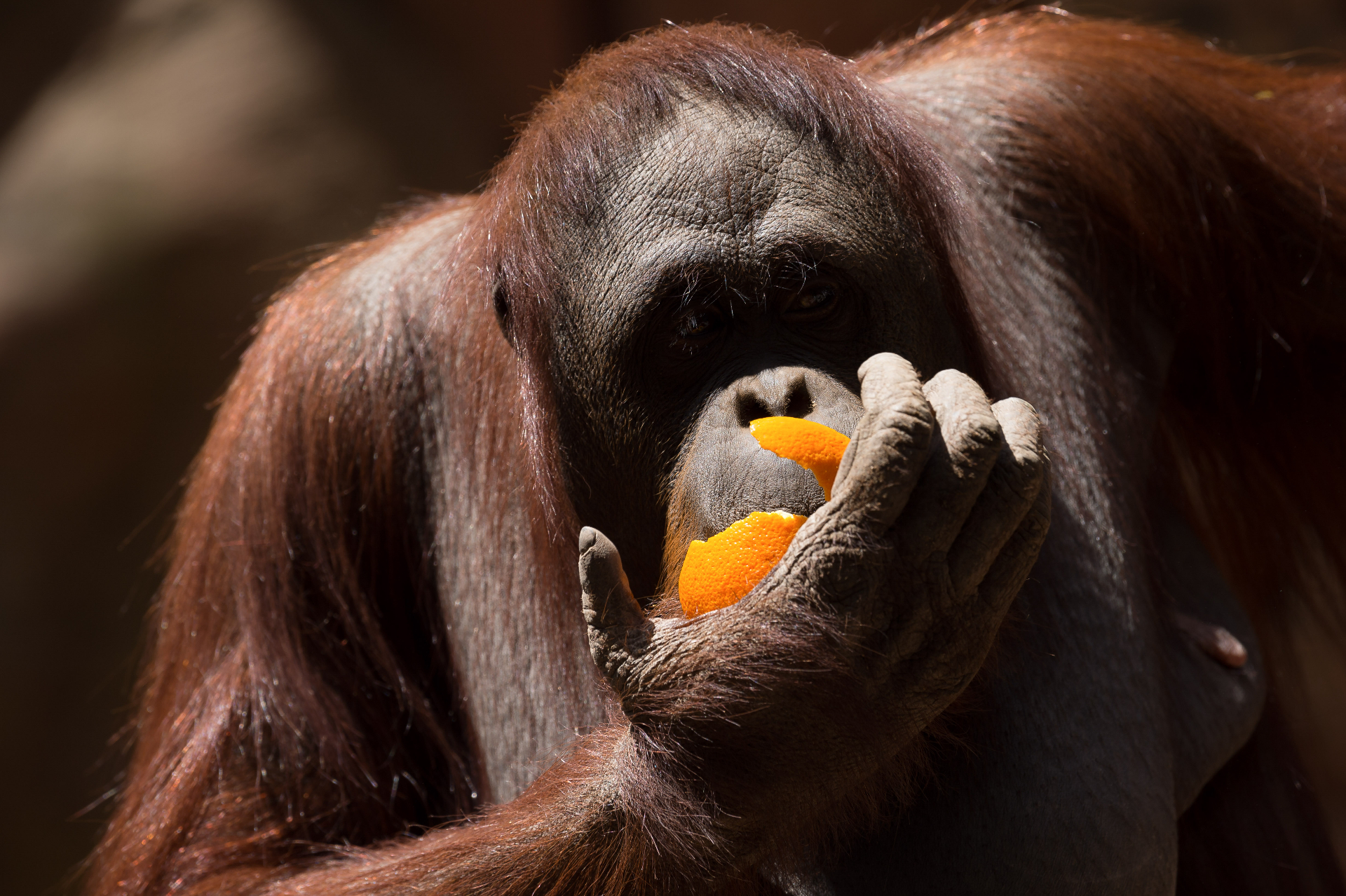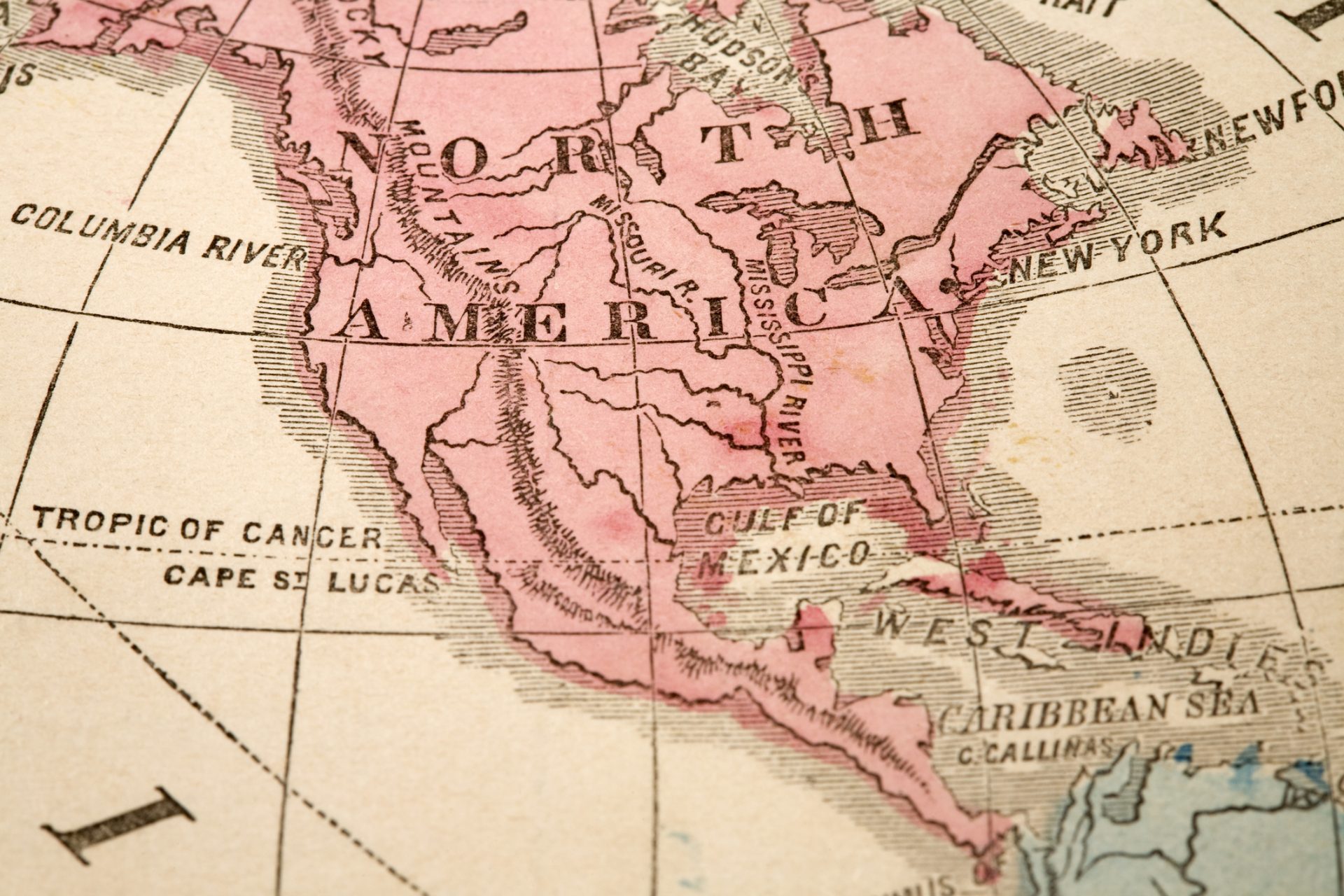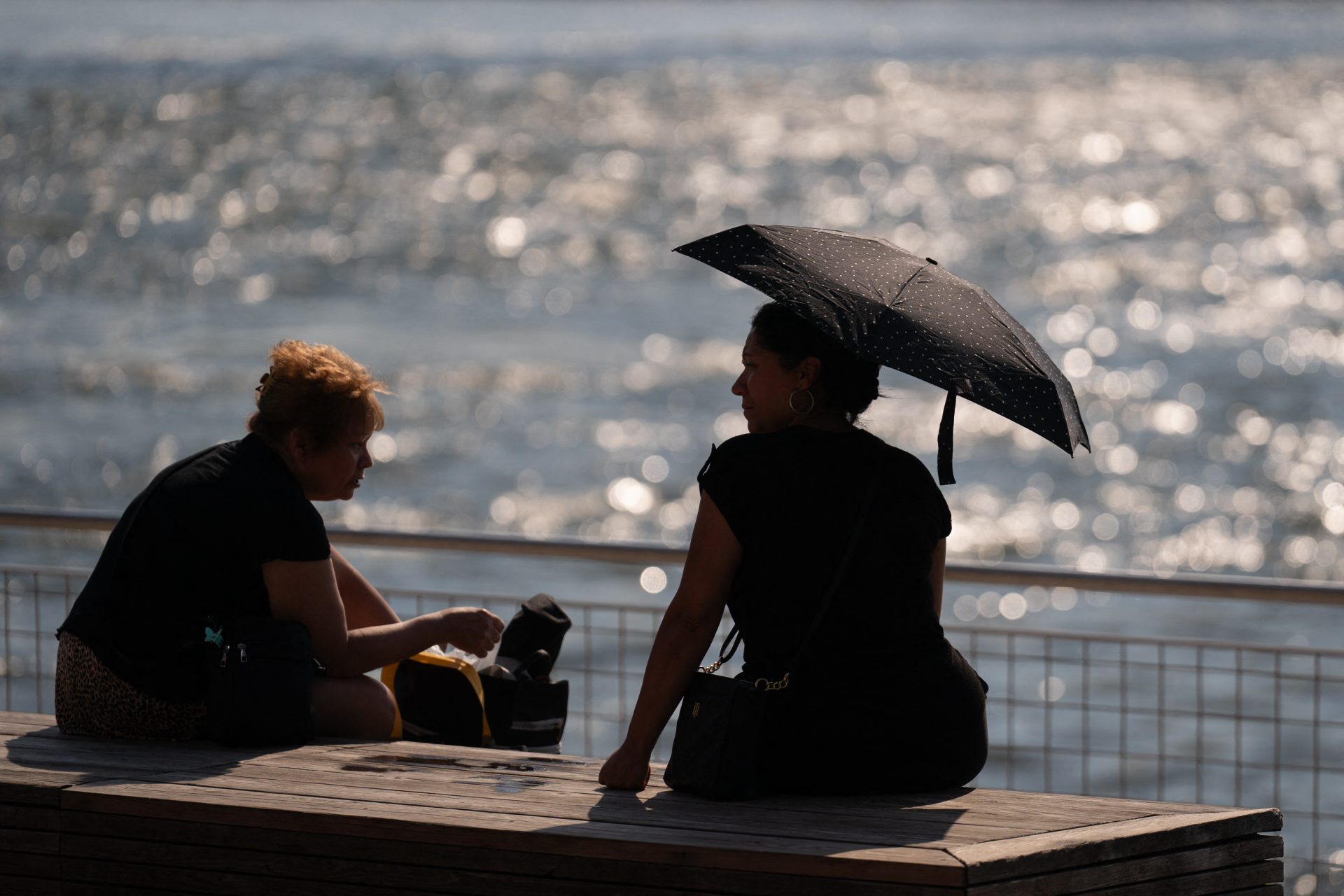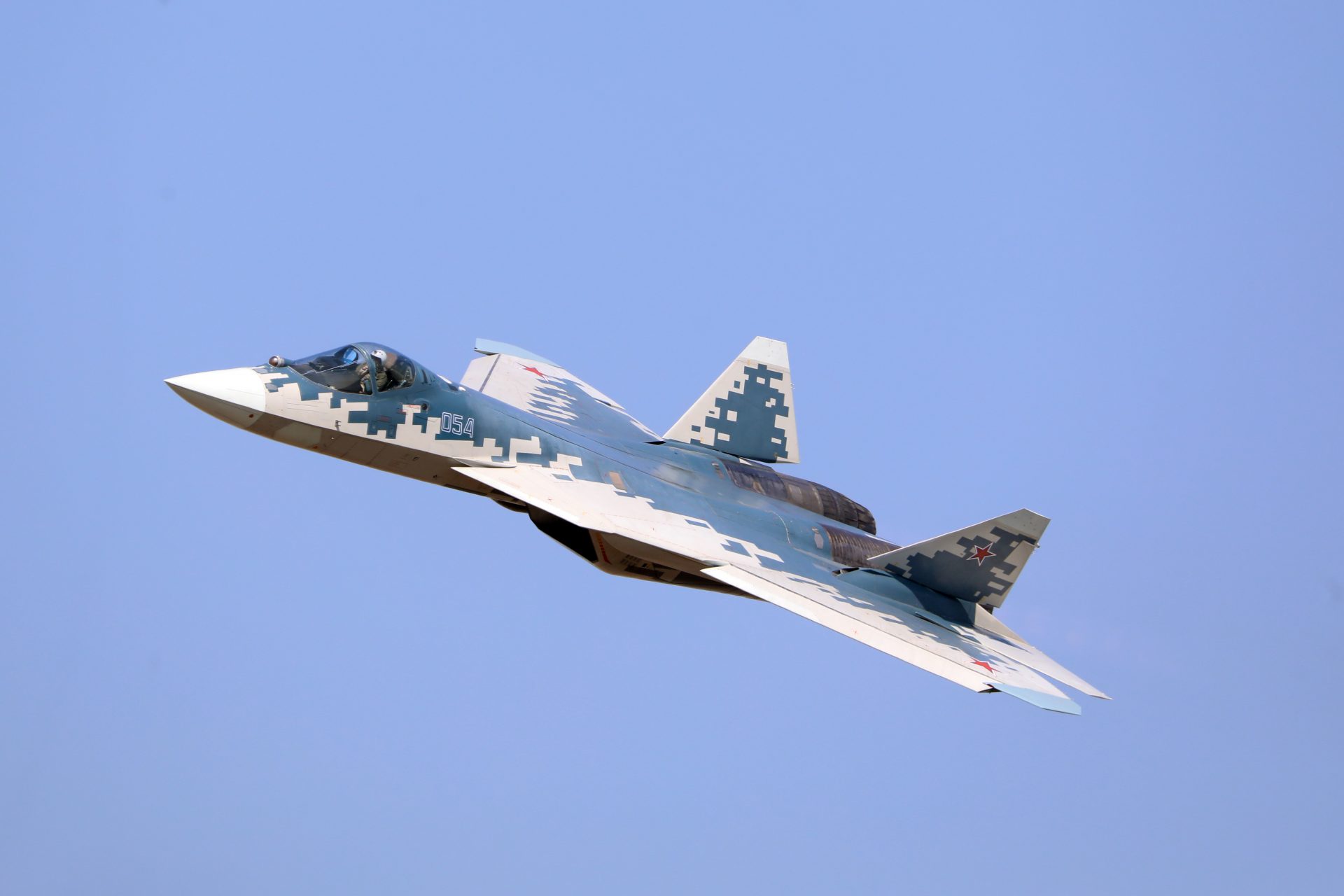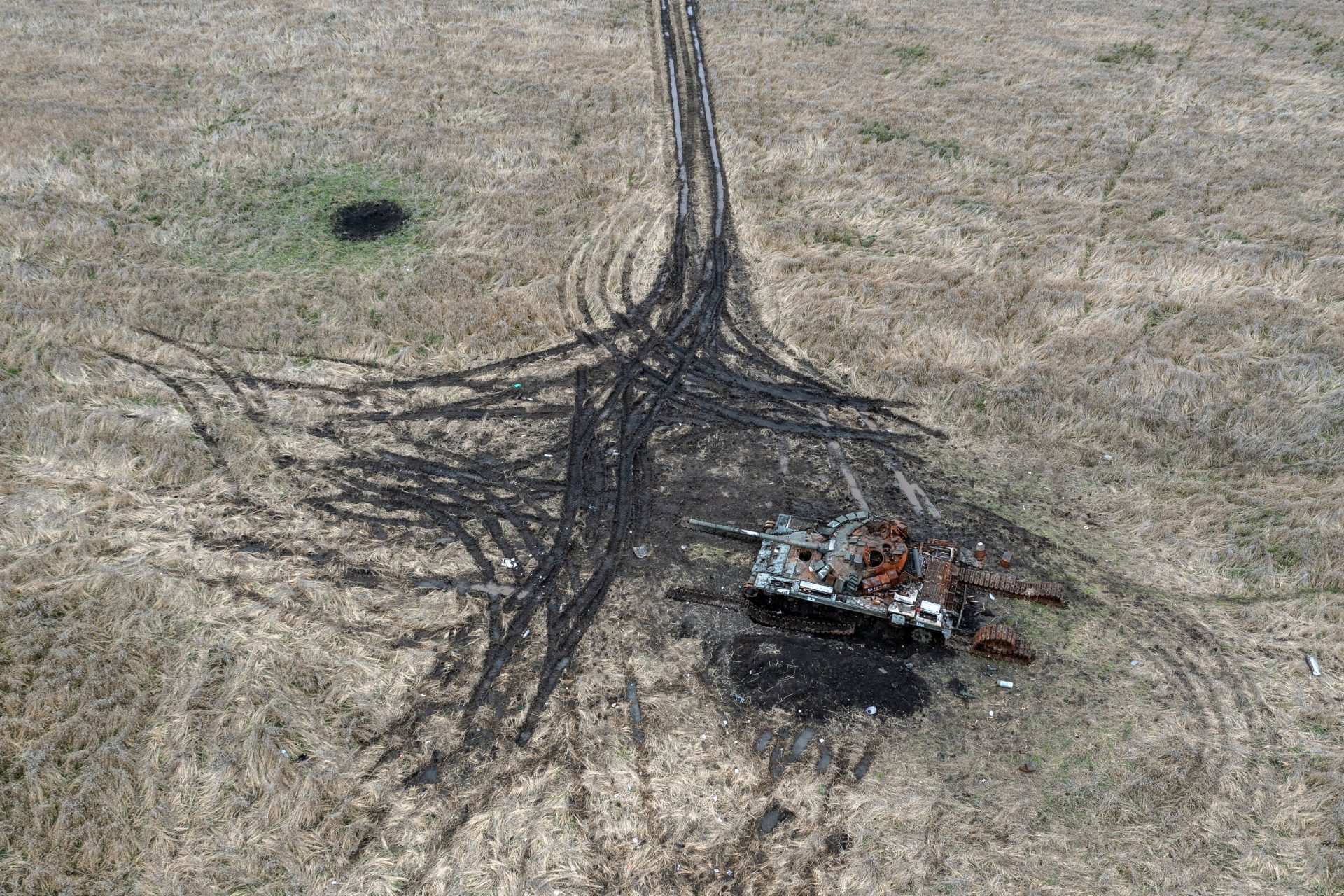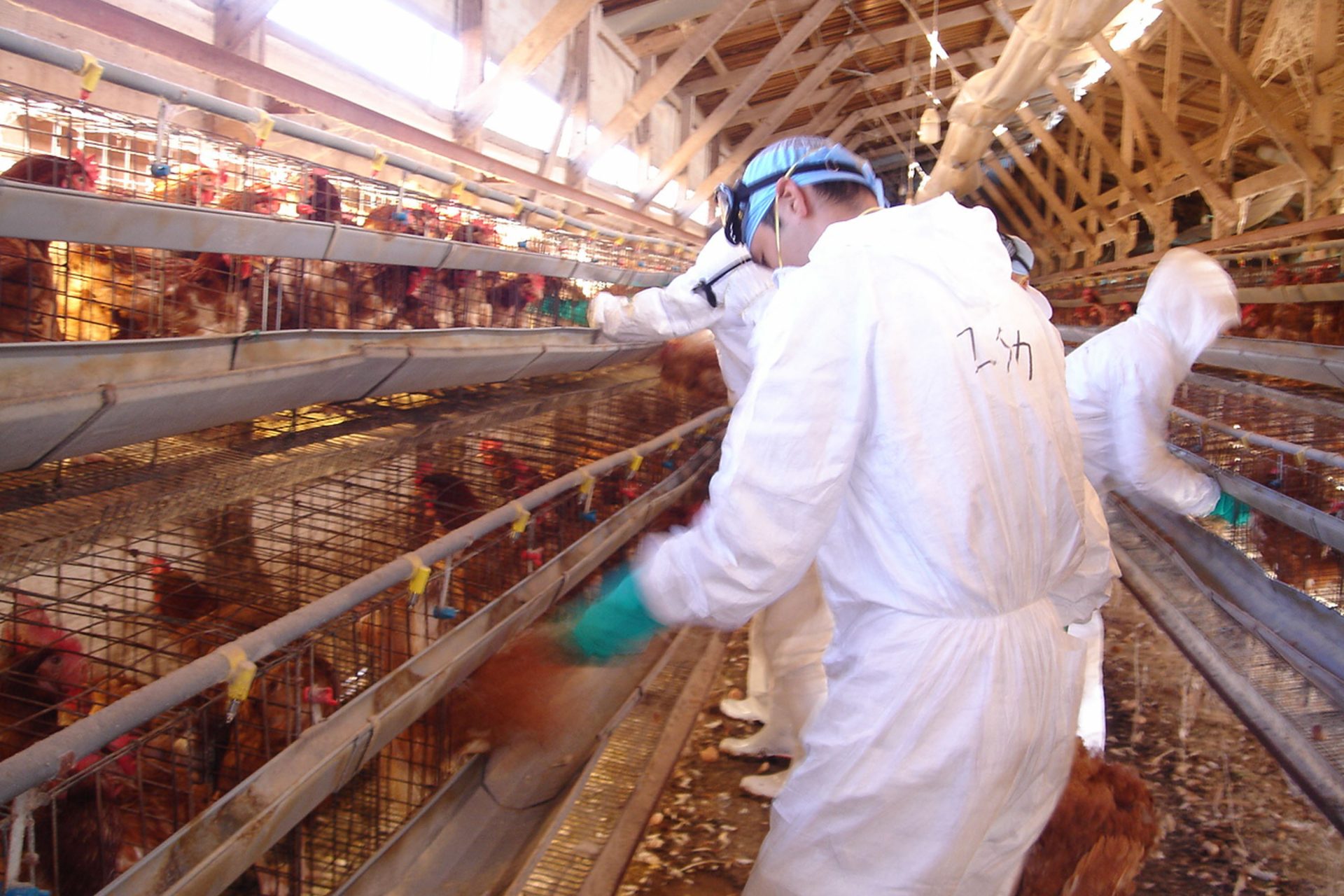Ukraine war: animals in a landscape park outside Kharkiv are enduring the conflict
Apart from the horror humans endure, wildlife is also a victim of the devastating Russian invasion of Ukraine. Feldman Ecopark has spoken out about how the animals at the landscape park in Kharkiv endure war.
At the beginning of 2022, like many in Ukraine, the workers at Feldman Ecopark, about 1 mile from the Russian border, did not believe a large-scale war was possible in their country.
Photo: Google Maps
Feldman Ecopark is a landscape park spread over 345 acres on the outskirts of Kharkiv. It houses and rehabilitates thousands of animals and provides psychological relief for the people affected by the war.
But the war also reached the natural haven. During the first days of the invasion, its enclosures were bombed so intensely that it was often impossible to feed the animals, park personnel said.
"Russian soldiers appeared on the territory of the park, killed several of our employees, and fired at vehicles and other property just for fun," Feldman Ecopark reported.
During the first six months of the war, their infrastructure was destroyed, and around 300 animals were killed, including lions, kangaroos, orangutans, and birds, until Kharkiv was liberated by Ukrainian forces.
"Almost all buildings, including animal enclosures and rehabilitation centers, were destroyed, and numerous explosives remained throughout the territory," Feldman Ecopark said.
The staff found unexploded shells, rocket fragments, and similar material. Then, under constant bombardment, work began moving the animals in the park to safe premises.
According to the park authorities, the staff evacuated nearly 5,000 animals with the support of an outside organization, donors, and volunteers.
The park thanked "the heroism of Ecopark staff and volunteers, the broad support of Ukrainian and foreign zoos, animal shelters, animal protection organizations and thousands of caring people worldwide."
Many of the animals were injured or traumatized by the bombing. According to the staff, this was an unprecedented animal evacuation under war conditions, and according to many of their foreign colleagues, it was a first in history.
When the bombing ended and the parking area was cleared of mines, Feldman Ecopark workers began slowly rebuilding the structures so the animals could return home.
Some of the first to return were the ungulates (animals with hooves) housed in the Alpaca Valley, a more secluded part of the Ecopark. The area holds alpacas, llamas, horses, ponies, and farm animals.
The Alpaca Valley is also the venue for the psychological relief program, which helps people overcome the horrors of war through contact with animals. There are also projects to protect animals affected by the war.
"War has an extremely negative effect on the health of animals," says Feldman Ecopark. "We have had cases where animals died during intense bombing not only from injuries but from mental distress."
"Some animals, particularly deer, panicked due to the loud bombing sounds and were severely injured when they collided with the equipment in the enclosures," explains the Ecopark.
Many situations can cause animals to stress, and war only worsens it. Displacement from their usual habitat and adaptation to a new one is so challenging that some stop eating out of fear.
At Feldman Ecopark, all the returned animals have undergone rehabilitation with specialists. But Russia retook the offensive on Kharkiv, and new missiles and drones have fallen on the park.
"A week ago, the stables were hit by an explosive, followed by a large fire. All the horses were saved thanks to the determination and courage of our staff and the prompt, professional action of the firefighters," said Feldman Ecopark.
An ecological park in the middle of war has its own peculiarities. Now, Feldman Ecopark has bomb shelters and protocols for responding to danger. Although only a few of its programs have returned, all precautions are necessary.
"Unfortunately, there have already been situations in which we have had to apply these protocols," they say.
We have not lost our optimism and faith. The Feldman Ecopark team will continue to restore the park and help the animals and people in a difficult situation because of the war," they assure.
According to the park experts, in addition to specialized veterinary care, these animals need very simple things: peace, care, good nutrition, and, of course, love.
"Animals, even the least socialized, feel human emotions very well and reciprocate. And the power of these feelings is healing," the experts concluded.
More for you
Top Stories



